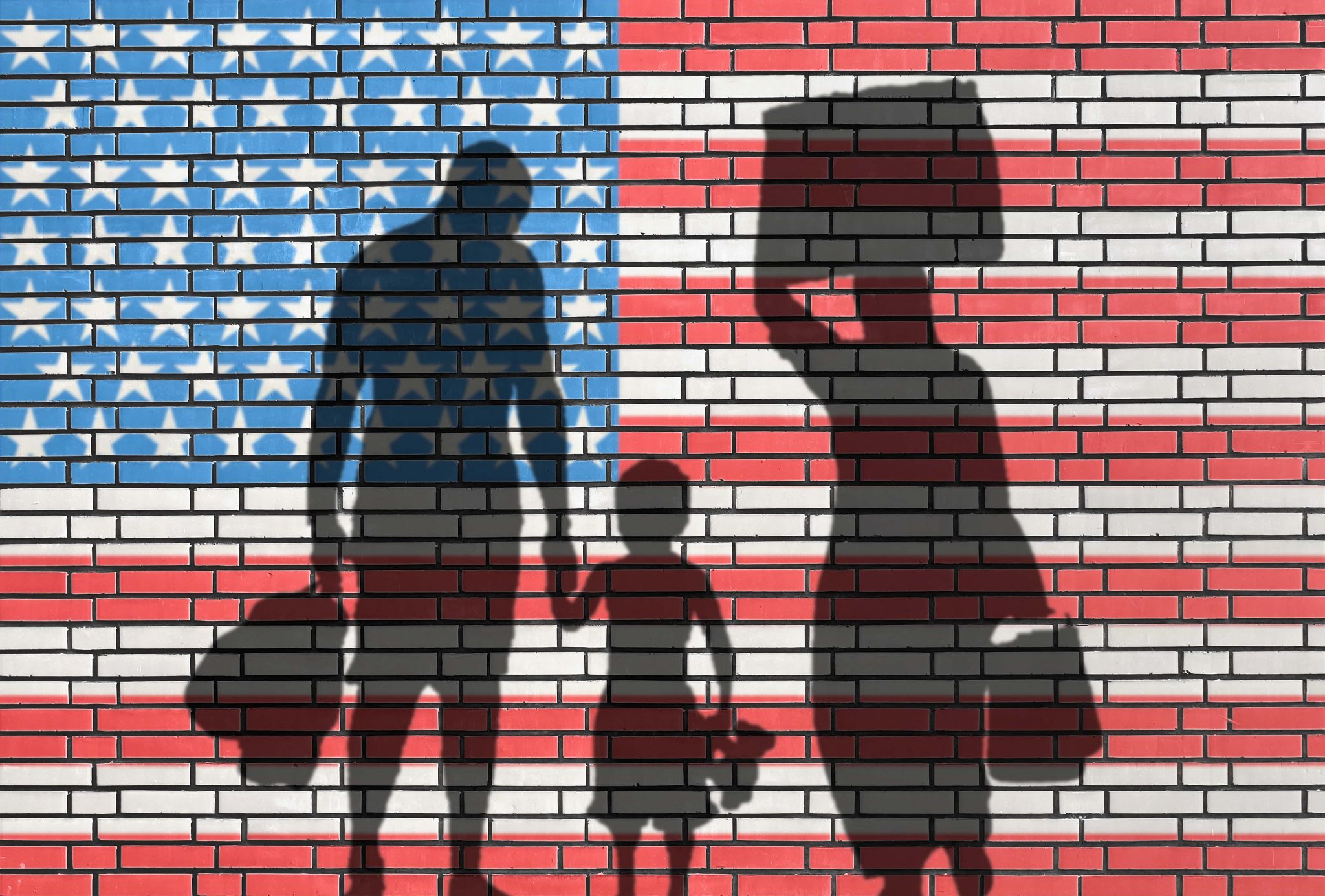- WE’RE HERE TO HELP 24/7
- 800.586.5555
Who Is Responsible If You’ve Been Injured at the Border

Florida International University Bridge Collapse Leads to Reckless Negligence Lawsuit
April 17, 2021
Historic Hispanic Lawyers
May 11, 2021Who Is Responsible If You’ve Been Injured at the Border

In recent months, the enforcement of immigration laws in the United States has been under intense scrutiny. Since April, there have been reports of migrant families being detained at the border and separated from each other for weeks to months at a time. Soon after, stories broke alleging the detention centers where immigrant children were being held offered little more than dirty, unsafe and inhumane living conditions.
In July, a Washington-based lawyer posted on Facebook that a friend’s granddaughter died “as a result of negligent care and a respiratory illness she contracted from one of the other children.” The subsequent sharing of the post reignited the discussion about conditions at border detention centers, prompting the question: Who is liable when someone being held at the border is injured?
Before You Begin: Know Your Rights
According to a 1971 Supreme Court ruling, you don’t have to be a citizen or have a green card to file a personal injury claim. The law clearly states that if you have been injured by a negligent party on U.S. soil, you are entitled to compensation for your injuries regardless of your immigration status.
Defining Liability
Determining who is liable in any injury case can be complicated. The answer often boils down to whether one party was careless or “negligent” according to these general guidelines:
- The injured may be liable if: they were careless, i.e. they were doing something they weren’t supposed to or weren’t where they were supposed to be.
- The property owner may be liable if: the accident is on property that is dangerous or poorly built or maintained.
When the Government May Be at Fault
Negligence
The government may be at fault if the injured person can prove federal employees acted in a careless manner and caused their injury. Examples of negligent behavior in this case could include failing to attend to the detainee’s physical needs, such as:
- Medical care – administering or dispensing necessary medication
- Hygiene – changing bandages, bathing, grooming or dressing
- Nutrition – providing enough food and water to maintain health
For a negligence claim to be successful, the injured party (plaintiff) must prove four things to show the party allegedly at fault (defendant) acted carelessly.
- Duty: Prove that the defendant owed the plaintiff a legal duty of care.
- Breach: Assess whether the defendant breached this duty by failing to act as a “reasonably prudent person” would in the same scenario.
- Causation: Show the defendant’s negligence caused their injury and demonstrate the defendant could reasonably foresee that their actions might injure the plaintiff.
- Damages: Outline how the plaintiff should be compensated for their injury (e.g., pay for medical bills).
Premises Liability
If the detention center the plaintiff is held in is not compliant with reasonable safety standards, the government may be liable. Premises liability includes failure to provide notice of unsafe conditions, such as:
- Inadequate maintenance of the premises
- Fires
- Water leaks or flooding
- Toxic fumes or chemicals
- Defective staircases
- Wet or oily floors
However, just because someone is injured on government property doesn’t necessarily mean the government is negligent.
When the Government May Not Be at Fault
Assumption of Risk
If the plaintiff had any knowledge of the risk involved with their actions leading up to the injury, or voluntarily accepted the risk through agreement or implication with their words or conduct, they will likely not receive damages for their injuries.
This defense is often used in premise liability cases where the defendant can prove that there was ample warning to the plaintiff of risk of injury, but that they took the chance of being injured regardless. This negates the negligence claim because the duty condition would not be met.
That being said – law enforcement agencies do owe detainees of all types a duty of care – including children. What complicates the matter further is the age of these children, none of whom were old enough to decide independently to cross the border illegally.
Injury Claims Against the Federal Government
Personal injury lawsuits against the federal government are permissible under the Federal Tort Claims Act (FTCA) for any injury that occurred on government-owned property or due to the negligence of federal employees while they are fulfilling their duties.
It is important to note that before that lawsuit can be filed, the injured party must submit a complaint directly to the agency in charge of the employee or property – in this case, U.S. Immigration and Customs Enforcement (ICE). Only when that claim is denied can the injured party file a lawsuit.
